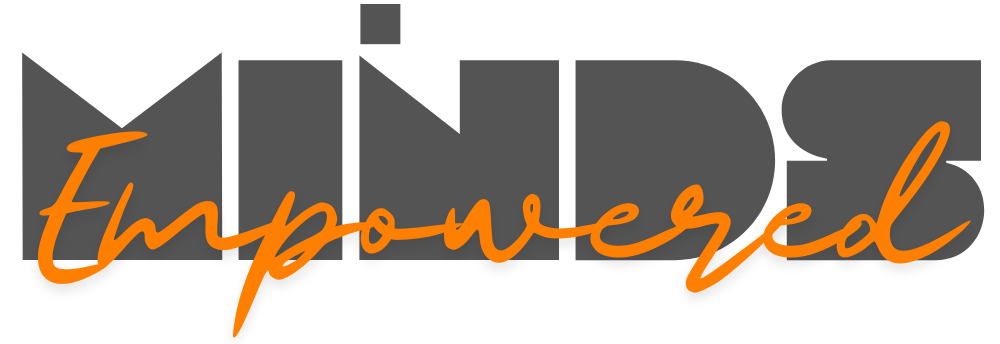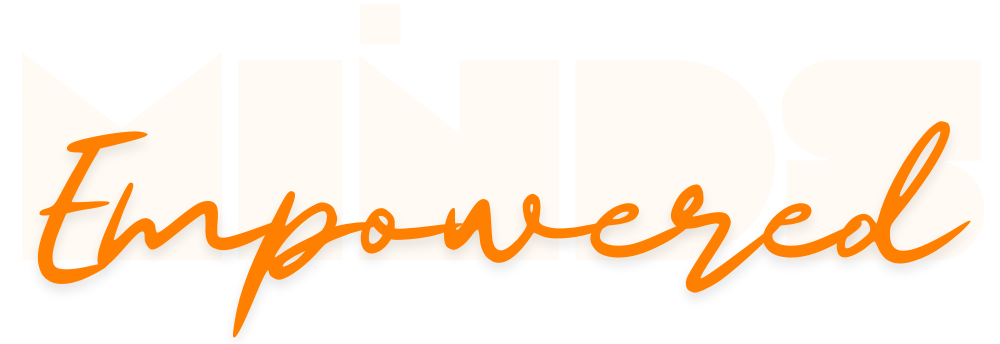A real story of unlearning to begin again
The first coaching session with a new client didn’t fix him at all.
Just the other day we received a call on our hotline, the client wanted to make an appointment with us.
He was so vague about his problems over the phone to the point that we had to get him to do a face to face.
He came into the appointment skeptical.
He looked the part, Smart. Accomplished. Rational.
But quietly, deeply exhausted.
Not the “I need a vacation” kind of tired.
The kind of tired that comes from holding it together too long.
The first 10 minutes were polite. Measured.
Then came the pause.
And finally, the truth:
“If I slow down, I’m scared I won’t know who I am anymore.”
That’s when the real coaching began.
Coaching Isn’t About Quick Fixes
He wasn’t broken.
He wasn’t lost.
He was just carrying years of momentum built around a role that no longer fit.
What he needed wasn’t advice.
It was a safe space to unlearn:
- The stories that said value = visibility
- The habits that served him once, but now just kept him running
- The image of leadership that never made space for doubt
Coaching didn’t “fix” him.
It freed him from the belief that success had to look a certain way.
Coaching Insight: The First Shift Is Always Internal
We didn’t dive into strategy.
We started with stillness.
We reframed his trajectory:
- Not reinvention. Permission.
- He wasn’t aligned with the version of success he was still projecting.
- What if leadership didn’t require hiding the truth?
- A small but radical act—blocking out 1 hour each week to be unavailable.
That one move changed the tempo of his thinking.
And from there, clarity followed.
Why Unlearning Is Harder Than Learning
Most executives are trained to acquire, apply, accelerate.
But when what’s no longer working used to work perfectly, we resist letting go.
You see, he wasn’t failing.
He was simply too loyal to a role he’d outgrown.
The problem wasn’t his output.
It was his operating system.
And to shift it, he had to stop performing certainty—and start exploring identity.
The Moment That Changed Everything
At the end of the session, I asked him one question:
“What would happen if you just told the truth next time someone asked how you’re doing?”
He didn’t answer right away.
He just sat there… still.
“Freer.” That was his reply.
Sometimes, the most important coaching moment isn’t insight.
It’s interruption— to the pattern and coding we run in our everyday lives. Sometimes it’s also giving yourself the permission to pause, so the real voice can return.
Final Thoughts
Coaching doesn’t give you a to-do list.
If you’re carrying an identity that no longer feels like yours, you don’t need to fix it.
Sometimes, you need to face it.
And in doing so, you might just find you weren’t broken after all— you were just ready to begin again.
For more blog follow us here.


